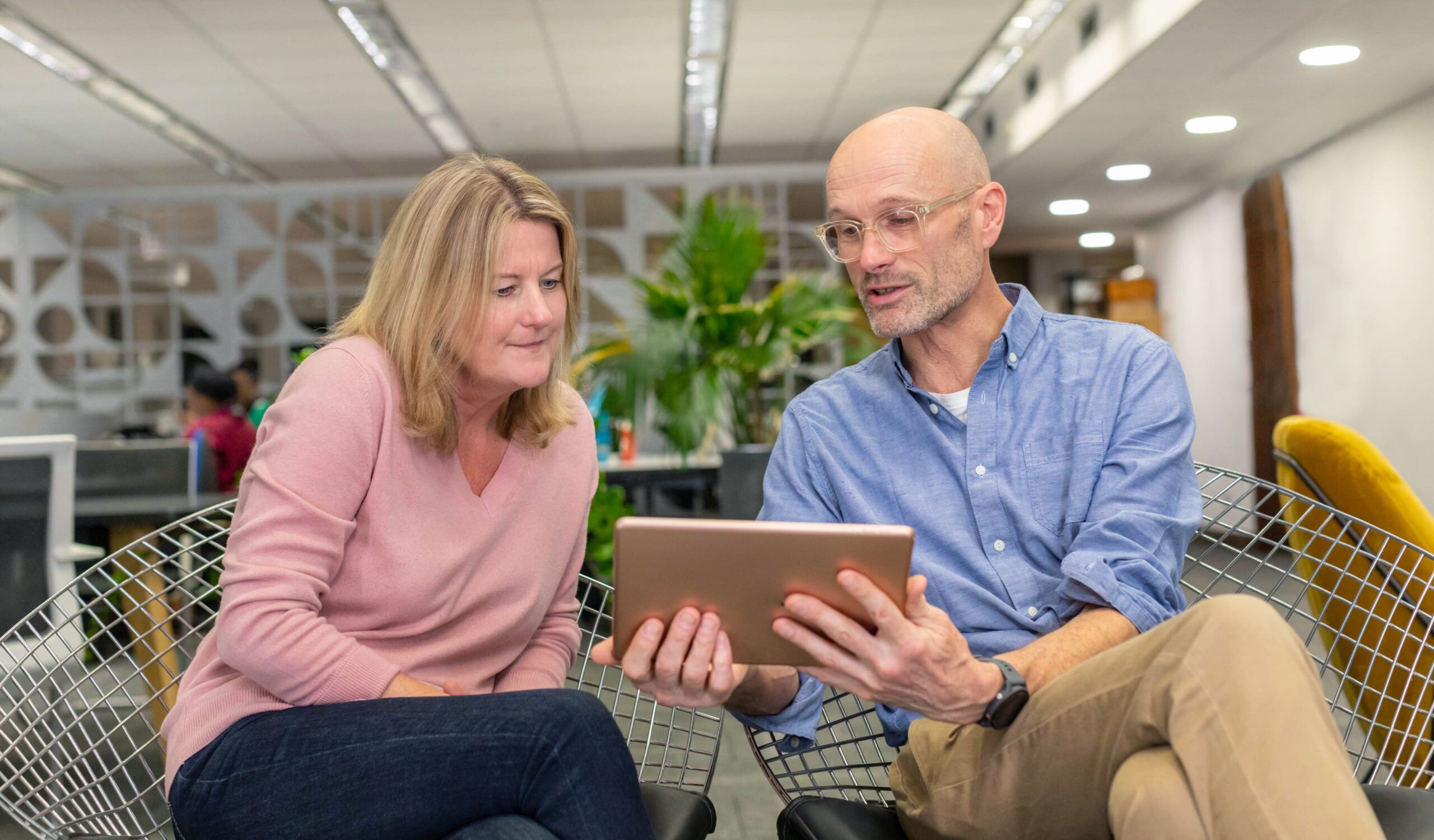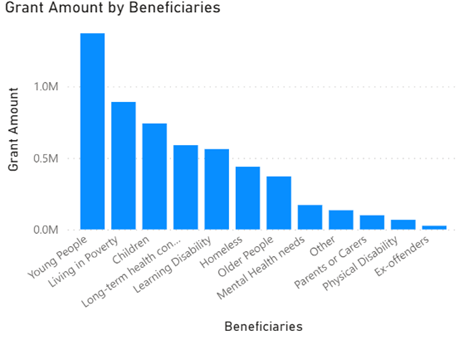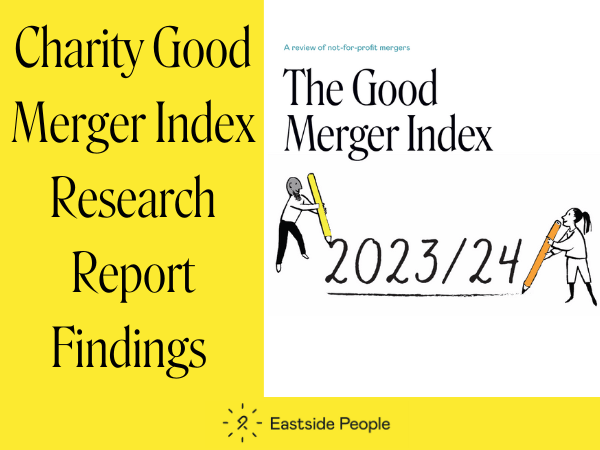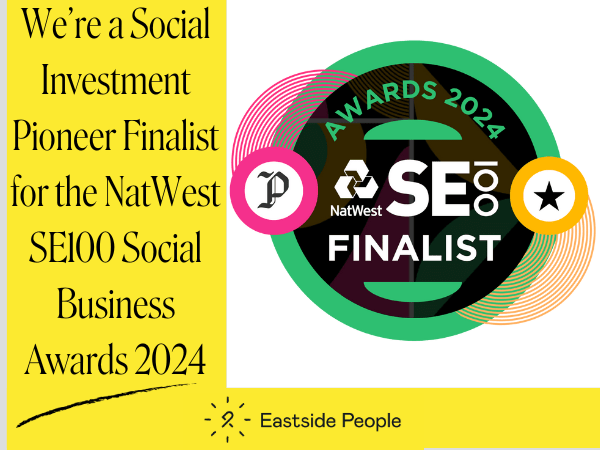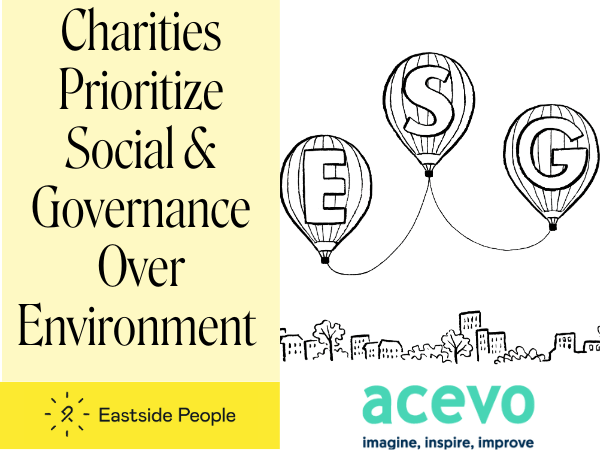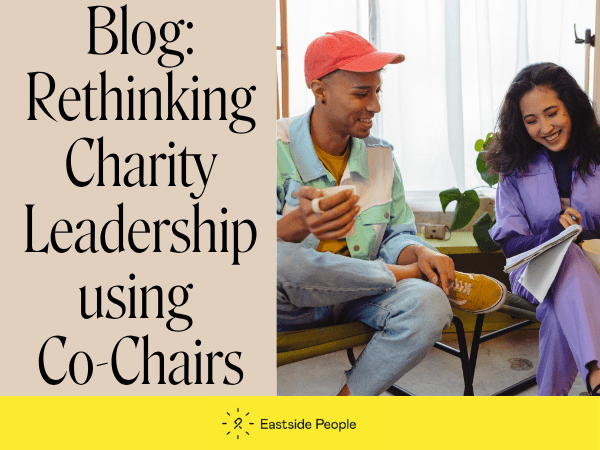By Richard Litchfield, CEO Eastside People
It’s hard to predict what impact this crisis will leave on the sector – but it could have existential risk for many smaller charities and organisations with low reserves – as we’ve seen already with the sad news of HCT’s closure.
What we can safely say is that as costs rise across the UK then this will increase the demand for charitable services as people from all communities face harder times. A report from the Institute for Health Inequalities forecasts that millions of children could suffer poor educational, social or health as a result.
Just as with COVID the current crisis is likely to generate further inequality since negative impacts will fall disproportionately on those living in deprived neighbourhoods and especially minority communities. Put simply – cold homes exacerbate health and social inequalities.
At a time when demand is rising for their services, charities face acute pressure on the government budgets that pay for these services and operations will be creaking from higher energy, transport and staffing costs in particular.
It is the latter of these that is most worrying since staff are both the largest asset and also the greatest cost of the voluntary sector. The Charity Finance Group/ProBono Economics estimate that an extra £2bn of investment would be required to ensure that staff in the industry do not lose pay in real terms.
Most won’t be able to meet what is the equivalent of a 9% increase to wage bills furthering the flight of lower paid staff from the voluntary sector to better paid jobs elsewhere.
Recruitment and retention will therefore remain the biggest issue that most of our clients working in homelessness, drug & alcohol, mental health and children’s services face.
What have we learnt from Covid-19?
Since 2019, financial resilience has declined – albeit not as much as worse case scenarios – with 90% of charities reporting to the Charity Commission that their position has been negatively impacted by Covid-19 and 40% having to use some or all of their financial reserves.
We have also learnt from COVID-19 responses that risks do not fall equally and the same will be the case with the cost of living crisis – meaning that shocks will vary from organisation to organisation based on their sector, size, funding model and opening reserves level. Housing, transport, leisure and education organisations are particularly at risk, for instance.
Charities grasped on the nettle of change to respond to Covid challenges, reinforcing the mantra that necessity is the mother of invention. Innovation increased, digital adoption increased, and funders rose to the challenge too by offering more flexible and unrestricted grants.
I interviewed Kate Lee, CEO of Alzheimer’s Society back in 2020 who summed this up brilliantly: “I have seen more innovation in the last month than in my entire time in the sector”.
These are lessons to embrace. The cost of living crisis will be an opportunity to drive change, restructure and re-assess priorities, and continue the journey which many started in COVID to build better systems & processes.
5 Tips on How Charities can Respond to the Cost of Living Crisis
At my organisation Eastside People, we are focusing hard on helping charities and social enterprises to get on the front-foot and to implement change plans now that will future-proof their organisations and communities. I outline below 5 ways to do this:
- Every organisation should be assessing their risks and developing a change plan that addresses opportunities to diversify income and do things differently. Scenario planning is a very helpful tool in times of uncertainty
- Seek win-win opportunities to invest in new energy saving schemes, improving your organisation’s climate footprint and reducing long-term costs. The local energy funding list is a good start for funding – as is the news that the Lottery has reopened its Climate Action Fund for applications
- Review your hybrid workplace and how systems, processes and people can be better be aligned around your key priorities, in order to improve efficiency and effectiveness. This should build on digital improvements that the organisation made during COVID.
- Review your partners and seek smart collaborations whether this is formal mergers or softer partnerships. An excellent example is the Disability Poverty Campaign Group which has brought together many disability charities to lobby government so disabled people are not left behind in the crisis.
- Engage trusts and foundations proactively in order to seek investment for your change management plans. BBC’s Children in Need, for instance, recently announced funding for organisational resilience – and we believe this is a trend likely to spread across the Foundation sector. Hear Fozia Irfan, Director of Children and Young People at BBC Children in Need discuss BBC Children in Need’s priorities for funding with our CEO Richard Litchfield.
How EP is helping?
This is not an easy time to be a charity leader or trustee but there are ways we can help. Please do get in touch if you’d like to find out more about our support:
- Speak to one of our industry leading professionals, any time, for free advice on business change.
- Contact Us if you are interested in finding out more about a heavily subsidized fixed package of 4-5 days support to develop a business change plan.




